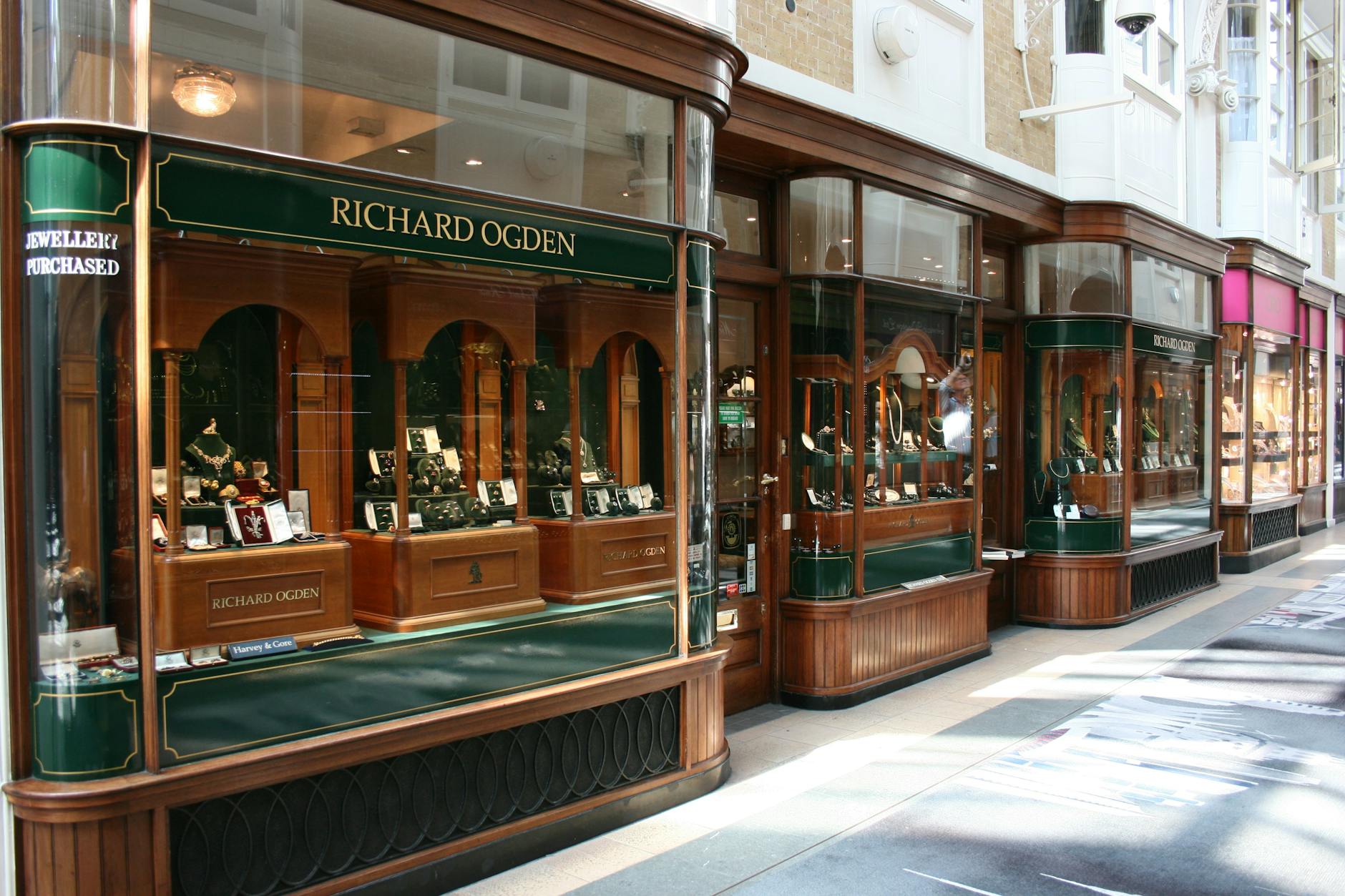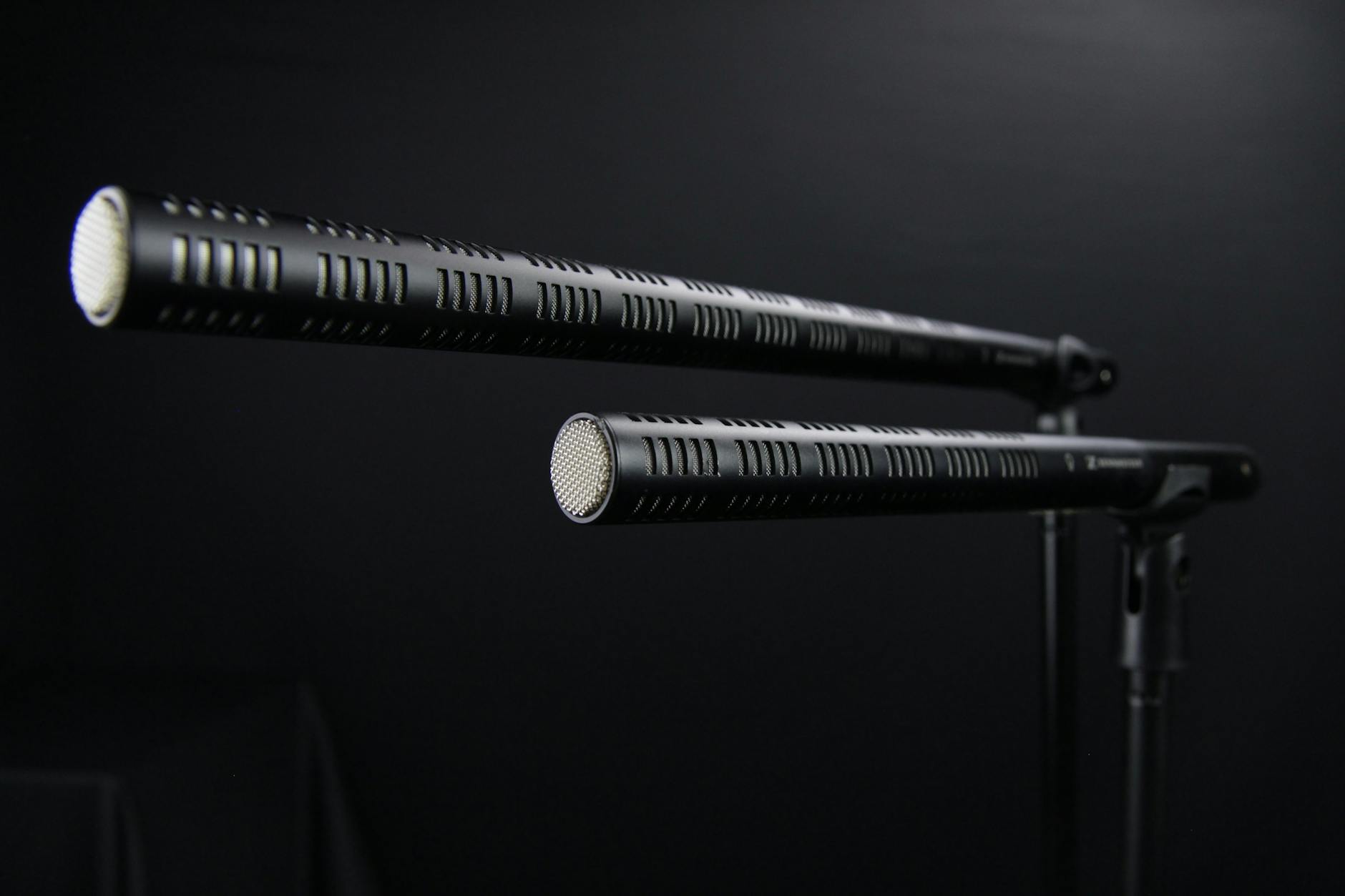How to Elevate Campaigns with Cutting-Edge Audio Strategies in Australia

Embrace Audio Innovation
To stay ahead in the evolving field of advertising, embracing audio innovation is key. For a creative director like me, the integration of immersive home entertainment into campaigns is not just about technology but about enhancing engagement. When your sound systems can fill a room with unrivaled clarity, it transforms passive listening into an active experience.
Understanding Latest Trends
As I explore the latest trends in audio, I'm incredibly intrigued by mesh radios. Their potential in creating dynamic, interactive environments is substantial. Imagine hosting creative workshops in Surry Hills where the sound follows you as you move through the space, offering a new layer of storytelling possibilities. This kind of technology not only excites but opens doors to innovative campaign narratives.
Leveraging Immersive Sound
Immersive sound can make the difference between a bland advertisement and a memorable one. By integrating multi-layered sonic landscapes, an ad becomes more than just visual—it’s an experience. This approach is crucial for emotionally connecting with audiences in spaces like workshops and networking events.
Exploring Professional Equipment
In my quest to maintain a sharp edge in campaigns, the use of the latest broadcast solutions remains paramount. It's about crafting a message that resonates through high-definition audio quality. Whether it’s a microphone capturing every nuance of a voice or an audio setup that envelops a listener, the right gear transforms ordinary content into compelling art.
Integrate Audio in Campaigns
Harnessing the power of audio in your campaigns is more than just following a trend—it's about creating impactful experiences. At the bustling creative hub of Surry Hills, I’m often inspired by the innovative ways audio transforms storytelling. Whether it's incorporating monitors for video conferencing to enhance communication in teams or an induction loop setup for clearer public announcements, there are tools aplenty to enrich our narratives.
Storytelling with Sound
Audio has the ability to elevate a story to new heights. It can evoke emotions that a visual alone might struggle to convey. By integrating strategic sound elements, we can create a more immersive experience for our audience. Think about how audio cues in video advertising can draw viewers deeper into the narrative, keeping them engaged from start to end.
Creating Multi-Sensory Experiences
Incorporating audio technology like soundscapes or immersive music scores turns a passive experience into a dynamic, multi-sensory one. This doesn't just captivate an audience’s attention, but also embeds the message deeper into their memory. It's like attending a vibrant media briefing at The Rocks, where every spoken word is amplified and lingers in the room, creating a lasting impact.
Enhancing Engagement through Audio
Using audio strategically can significantly boost engagement. Consider employing interactive audio features during your campaigns. This could include voice-activated elements or tailor-made podcast content that invites listeners to collaborate in real-time. It's all about creating a dialogue, fostering an environment where audiences become participants rather than mere spectators.
Localizing for Australian Market
Understanding Audience Preferences
When crafting marketing campaigns for the Australian market, it’s essential to dive into the unique preferences and tastes of the audience. Australia’s diverse culture means that audience engagement can hinge significantly on how well we understand regional inclinations. For instance, Australians often appreciate an authentic, down-to-earth approach combined with creativity. To connect effectively, think about adopting a conversational tone and integrating elements that resonate locally, such as references or nods to known creative hubs like Surry Hills in Sydney.
Cultural Nuances in Sound
Understanding cultural nuances is key when working with pro audio equipment in your campaigns. Australia has a rich heritage of music and arts, and tapping into this by incorporating familiar sounds can enhance relatability. Reflecting local music styles or using accents in voiceovers that echo the Australian vernacular can make your message more compelling. Aim for audio elements in your campaigns that evoke not just emotions, but a sense of belonging and familiarity among the Australian audience.
Regional Case Studies
Examining regional case studies can be incredibly insightful. Successful campaigns often show a keen awareness of local landmarks and venues. For example, integrating paging systems at a networking event in Carriageworks can offer an interactive dimension that enhances audience participation. By looking at previous campaigns that have excelled in using audio strategies tailored for Australians, you can glean valuable lessons that inform your approaches. This strategic reflection ensures that you're not just following trends, but setting new benchmarks in audience engagement.
Best Practices for Audio Strategy
Selecting the right medium is crucial for any audio strategy. When thinking of integrating audio equipment, consider the context of your campaign. Whether it’s a podcast, a video, or a live event, the tools you use shape the audience's experience. A professional microphone can enhance sound clarity, ensuring that your message resonates as intended.
Synchronising audio and visuals is another vital aspect. Imagine you're crafting a dynamic ad that showcases breathtaking visuals of Sydney's skyline. Combining these visuals with captivating audio can elevate the entire narrative. The synergy between sound and sight must be seamless to maintain engagement.
Testing and iteration are often the backbone of successful campaigns. Testing enables you to fine-tune audio elements before reaching your audience. This proactive approach can mitigate potential issues and enhance the overall impact. Iteration allows you to adapt based on audience reactions, ensuring the strategy remains effective and relevant.
Adopting these best practices can truly transform your audio strategy, enabling you to create compelling narratives in line with your campaign goals.
Avoiding Common Audio Campaign Pitfalls
Anticipating Audience Feedback
In the whirlwind of audio campaign creation, it's astonishing how often audience feedback is sidelined. As I reminisce about spirited discussions in Surry Hills' bustling creative spaces, the recurring theme is the vital importance of understanding our demographics intimately. An oversight here can lead to campaigns that don't resonate. Engaging in 'media briefings at The Rocks' is a golden opportunity to tune into audience insights and incorporate them. The goal? Foster connections and ensure messaging aligns with expectations.
Prioritising Technical Precision
The behind-the-scenes magic of audio campaigns hinges on the intricate technical details. Overlooking these can unravel even the most creative endeavours. Regular workshops are held at Carriageworks, enlightening professionals on the necessity of technical mastery. From selecting the right codecs to implementing seamless transitions, every nuance counts. Meticulously planning these elements prevents mishaps and enhances the overall fluidity of the campaign.
Valuing Sound Quality
Never underestimate the potency of supreme sound quality. The crispness and clarity of audio are like the fine art on display in Sydney's galleries—each note and beat crafted to perfection. Exceptional sound elevates your campaign, making it memorable. Consider employing professional-grade equipment and conducting meticulous sound checks to avoid compromising quality. In today's landscape, where the audience is flooded with content, superior sound quality sets you apart and ensures your message is not just heard but remembered.


